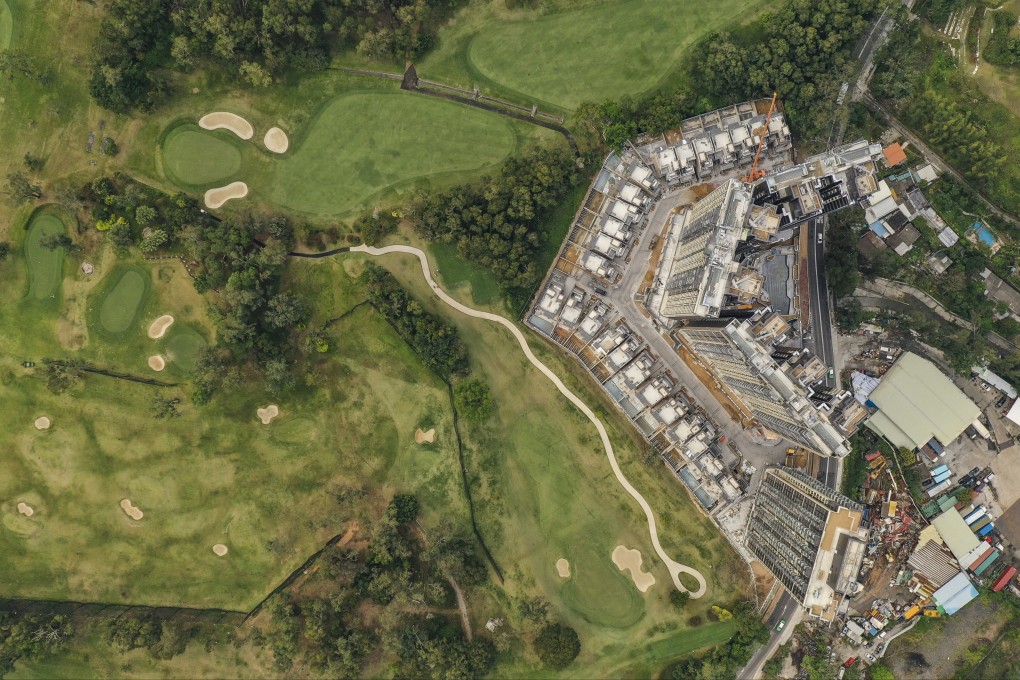Advertisement
Letters | Why digging up Hong Kong golf courses for housing isn’t in the public interest
- The sustained high demand for bookings on public and private courses demonstrates why their land should not be converted into housing
- The government should negotiate to open more courses for public use as a condition for the lease for the Fanling links
Reading Time:2 minutes
Why you can trust SCMP

The proposal by Roger Nissim (“Leave the country parks and golf courses alone”, June 8) to spare the Fanling golf course from losing more land is supported by the evidence of high demand for such facilities in Hong Kong.
Most local golf courses, both private and public, were used to their maximum permitted capacities in the past two years. The authorities can verify this against the 100 per cent booking records of golf courses on most days.
Every day, hundreds of golfers who called the Kau Sai Chau golf club ended up disappointed at not being able to book a tee time. The Fanling golf course has recently offered limited public access to its golf courses, which have attracted a lot of non-member golfers despite the high green fee.
Advertisement
As a golfer, I fully support Nissim’s proposal to protect the Fanling Old Course.
Better still, the government should negotiate with the Hong Kong Golf Club to open the Old Course for public use with a green fee, commensurate with that of the KSC Public Golf Course, as a grant condition of the lease for the Fanling golf courses.
Advertisement
Johannes Ho, chartered surveyor, Tung Chung
Advertisement
Select Voice
Select Speed
1.00x
